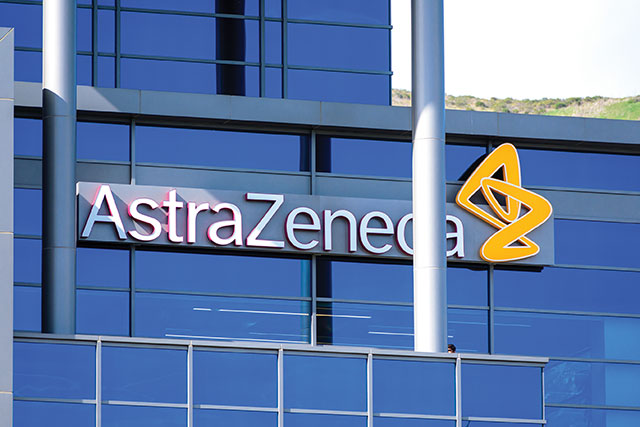AstraZeneca/Sanofi’s RSV treatment shown to reduce hospitalisations in infants
09 Jan 2024
Clinical ResultDrug ApprovalClinical Study

Preview
Source: PMLiVE
AstraZeneca and Sanofi’s Beyfortus (nirsevimab) showed positive results in their HARMONIE trial, demonstrating that the respiratory syncytial virus (RSV) injection could significantly reduce infant hospitalisations.
The trial was co-led by the University Hospital Southampton, the University of Southampton, St George’s University Hospital and the University of Nottingham, with support from the National Institute for Health and Care Research (NIHR).
Responsible for more than 30,000 under-five-year-old hospitalisations every year, RSV is a common respiratory virus that usually causes mild, cold-like symptoms.
However, for some infants, it can cause more severe lung problems, including bronchiolitis and pneumonia.
Beyfortus, a human monoclonal antibody that is designed to bind to the fusion protein on the surface of the RSV virus, has already received approval from the European Commission and the US Food and Drug Administration to treat newborns and infants during their first RSV season.
Of the 4,037 infants who were randomly assigned to receive the antibody injection, the efficacy of Beyfortus against hospitalisation for RSV-associated lower respiratory tract infection was 89.6% in France, 74.2% in Germany and 83.4% in the UK, with minimal adverse events, in comparison to infants who received no RSV intervention.
Professor Saul Faust, co-study leader and director of NIHR Southampton Clinical Research Facility, said: “These latest results show that this long-acting antibody is safe and could protect thousands of babies from hospitalisation when used in conditions similar to routine clinical practice.”
Dr Simon Royal, NIHR national specialty lead, primary care and honorary assistant professor, University of Nottingham Medical School, said: “This study has shown how primary care clinicians, hospital specialists and the whole UK NIHR system can work together in a new partnership with industry to deliver rapid data to support a critical NHS need.”
Usually occurring from October, peaking in December, until March, the antibody injection could ease the strain that RSV typically causes on NHS resources during the winter season, in both secondary and primary care.
For more details,please visit the original website
The content of the article does not represent any opinions of Synapse and its affiliated companies. If there is any copyright infringement or error, please contact us, and we will deal with it within 24 hours.
Indications
Targets
-Drugs
Hot reports
Get started for free today!
Accelerate Strategic R&D decision making with Synapse, PatSnap’s AI-powered Connected Innovation Intelligence Platform Built for Life Sciences Professionals.
Start your data trial now!
Synapse data is also accessible to external entities via APIs or data packages. Leverages most recent intelligence information, enabling fullest potential.





